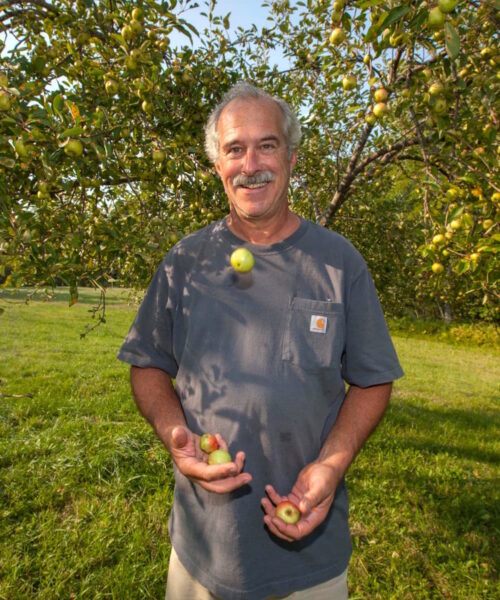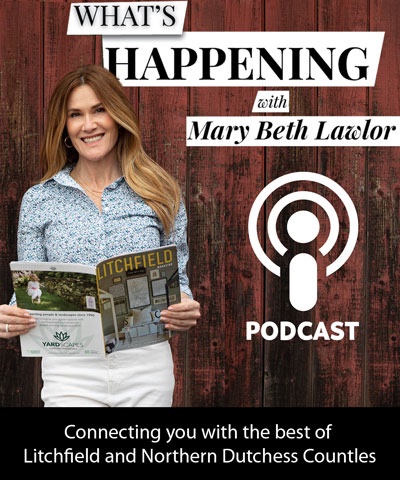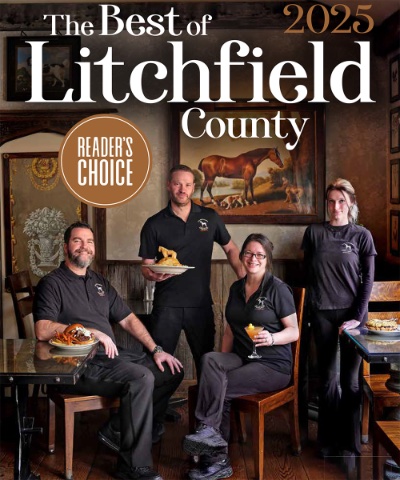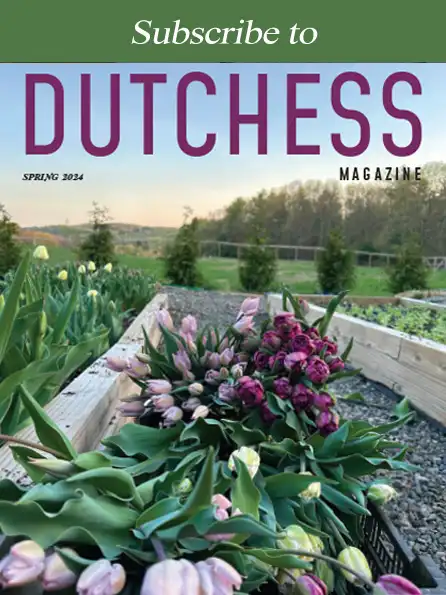April 27, 2021
By Wendy Carlson
Thinking of planting a backyard orchard? Peter Montgomery of Montgomery Gardens and Heirloom Orchards in Warren offers tips for newbie growers.
Fertilize three times a year—spring, when trees need nutrients to produce foliage, blossom and fruit; summer, as the fruit is developing; and fall, when half of the foliage has fallen.
Prune in winter to open canopies to allow more sunlight. Only 3 percent of the blossoms need to be fertilized to yield a large harvest. Semi-dwarfing trees, now commonly planted, are easier to prune.
Zap fungi and insects organically. Try Bonide copper fungicide and use their organic insecticide: Captain Jack’s Deadbug Brew. Organic products protect the early native fruit pollinizers such as Blue Orchard Bees. Never use nicotine or tobacco-related insecticides, which is deadly to bees.
Yield varies between apple and pear—and stone fruit trees. Some apple trees produce every other year, depending on the variety and whether trees are recovering from a bumper crop. Stone fruit are self-fertile and are consistent producers year after year. Plant a neighboring peach, nectarine, or Asian pear to increase yield.
Beware of weather. Snow protects young spring roots from frost damage and dry weather produces more concentrated flavors and sugars. Late April cold snaps often kill the earliest fruit blossoms, while wet summers can lead to fungal issues.
Recommended fruit trees for Litchfield County: heirloom apples, and more recent disease resistant cultivars; peaches, nectarines, and Asian pears.






















